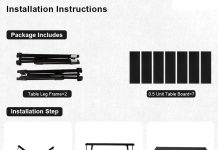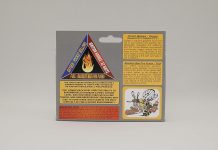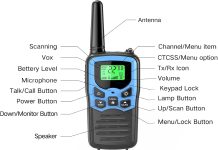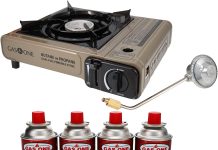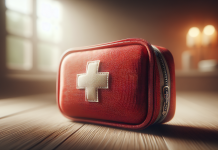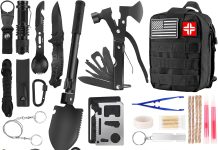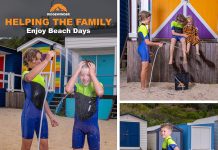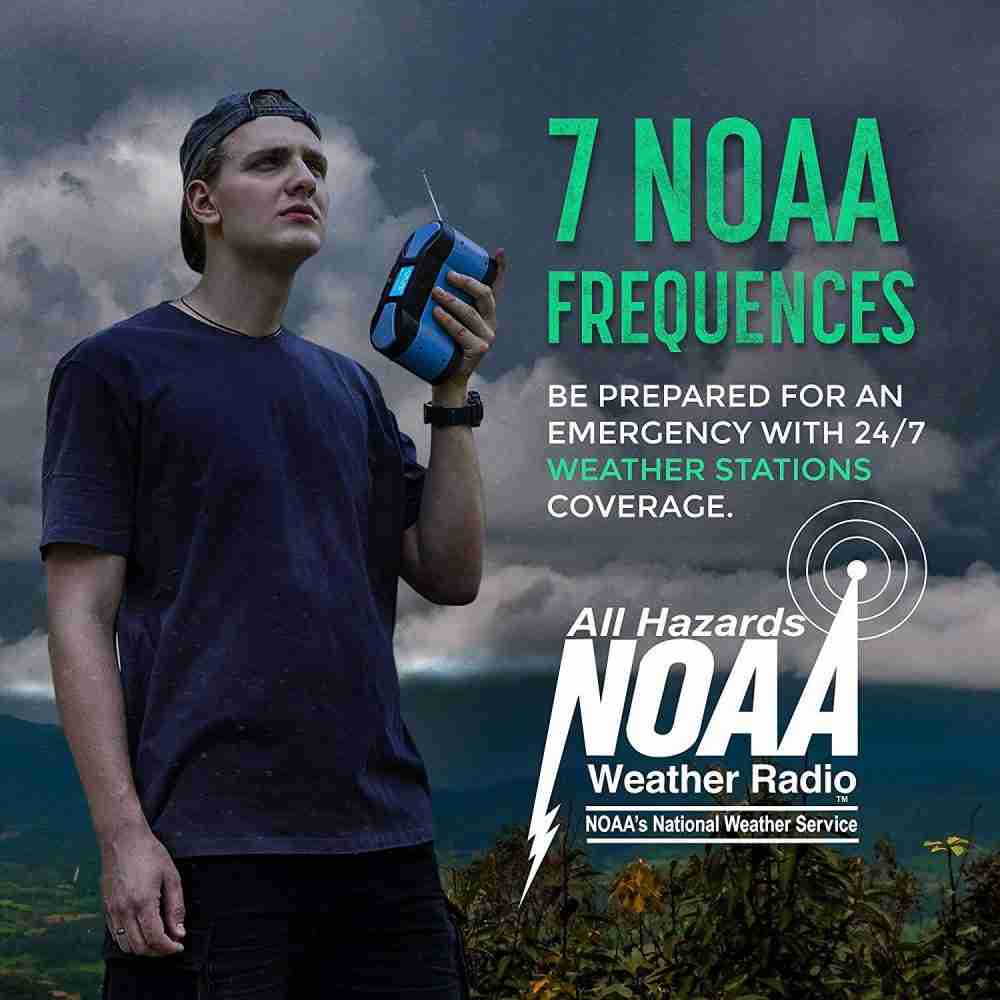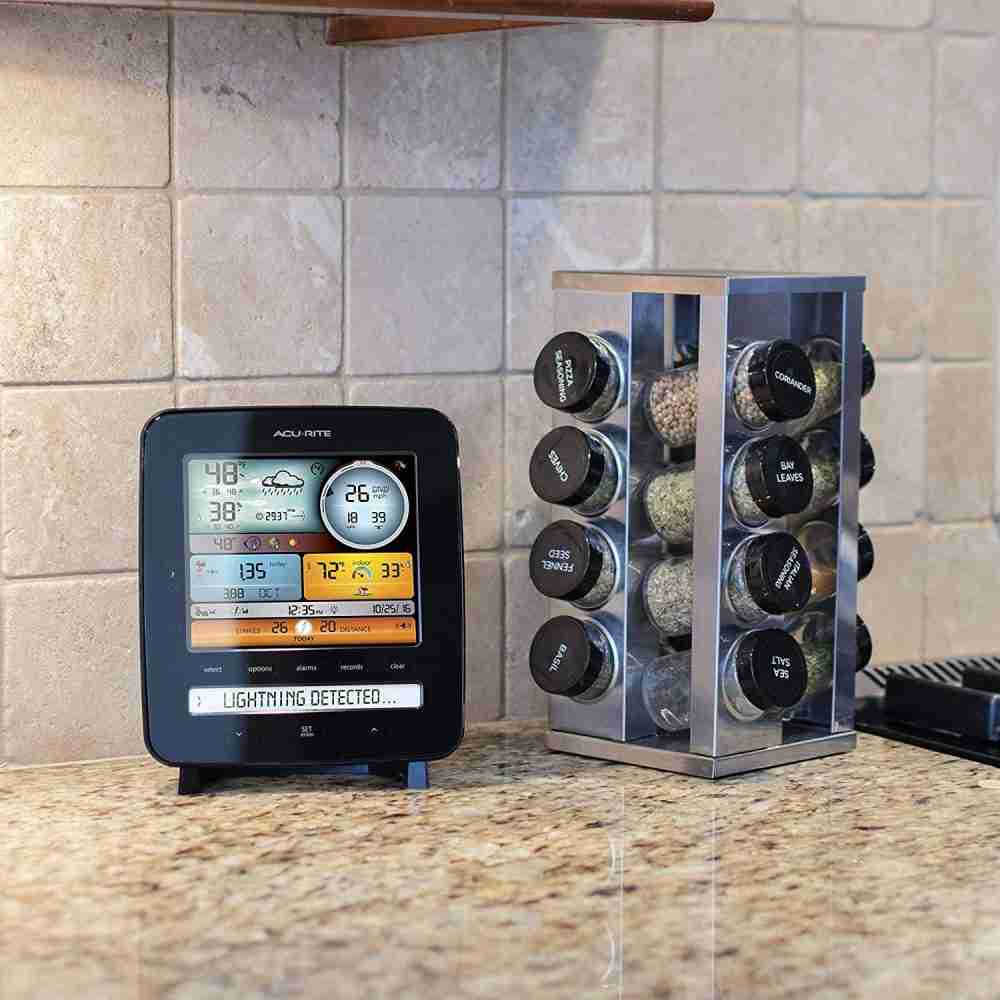Planning a family camping trip can be both exciting and overwhelming, especially when you have little ones in tow. From packing the essentials to keeping them entertained, there’s a lot to think about. That’s why we’ve put together this handy checklist filled with tried and tested tips to ensure a smooth and enjoyable camping experience for the whole family. So pack your bags, gather your loved ones, and get ready for an adventure-filled getaway in the great outdoors!
Choosing the Right Campsite
When planning a camping trip with kids, it’s important to choose the right campsite that caters to your family’s needs. Consider the location and accessibility of the campsite. If you have young children or are traveling with elderly family members, you may want to select a campsite that is easily accessible and doesn’t require a long hike to reach. Look for family-friendly facilities such as clean bathrooms, showers, and playgrounds. These amenities can make your camping experience more comfortable and enjoyable for everyone. Additionally, check for nearby attractions and activities that can keep the whole family entertained during your stay.
Essential Camping Gear
Having the right camping gear is essential to ensure a comfortable and enjoyable camping experience for the whole family. Tents and sleeping gear should be chosen based on the number of people in your family and their individual comfort needs. Consider the climate and weather conditions of your camping destination when selecting sleeping bags and pads. Cooking equipment and utensils are also important to have on hand. Portable stoves, pots and pans, and utensils will allow you to prepare delicious meals while camping. Camp chairs and tables provide a comfortable space for dining and relaxing. Don’t forget to pack appropriate clothing and accessories for the entire family, as well as entertainment items such as books, board games, and outdoor toys.
Packing for Kids
When packing for kids, it’s important to consider their specific needs and ensure their comfort during the camping trip. Pack clothing suitable for the weather at your destination, including layers for cooler temperatures and rain gear for wet conditions. Don’t forget to bring toiletries and personal care items such as toothbrushes, toothpaste, and sunscreen. It’s also crucial to pack any necessary medications and a well-stocked first aid kit to handle any minor injuries or illnesses. Comfort items and favorite toys can help children feel at ease in unfamiliar surroundings. For younger kids, make sure to pack extra diapers and wipes to handle any accidents or messes.
Outdoor Safety Measures
Safety should be a top priority when camping with kids. Teach children about fire safety and establish clear boundaries and rules for staying safe around the campfire. Make sure to bring bug repellents and protective clothing to prevent insect bites and stings. Be prepared for weather changes by packing appropriate clothing and ensuring you have shelter or an alternative plan in case of severe weather. Sun protection measures such as hats, sunglasses, and sunscreen should also be taken to protect your family from harmful UV rays.
Meal Planning and Food Prep
Proper meal planning is essential when camping with kids to ensure everyone is well-fed and satisfied. It’s best to plan simple and kid-friendly meals that are easy to prepare and clean up. Pack plenty of snacks and drinks to keep hunger at bay throughout the day. Bring cooking essentials such as a portable stove, pots and pans, utensils, and cooking oil. If anyone in the family has dietary restrictions, make sure to plan meals that accommodate their needs and bring any necessary ingredients. Proper food storage and waste disposal are also important to prevent spoilage and keep the campsite clean.
Activities for Kids while Camping
Keeping kids entertained during a camping trip is crucial to their enjoyment of the experience. Plan activities that allow them to connect with nature and learn about their surroundings. Nature walks and scavenger hunts are a great way to explore the campsite and discover local flora and fauna. Campfire storytelling and making s’mores can create lasting memories and provide a sense of adventure. Set up craft projects or games that engage kids’ creativity and keep them entertained throughout the day. If you’re camping near a lake or river, consider fishing or swimming trips. Don’t forget to take advantage of the nighttime sky by stargazing and embarking on nighttime adventures.
Keeping Kids Engaged
Involving kids in the campsite setup process can make them feel included and accountable for their surroundings. Assign them age-appropriate tasks such as gathering firewood, setting up tents, or organizing camping gear. Encourage exploration and nature appreciation by going on family hikes or nature walks. Consider creating a camping journal or scrapbook where kids can document their experiences and memories. Organizing group activities with other campers can also be a great way for kids to make new friends and keep them engaged throughout the trip.
Maintaining Hygiene and Cleanliness
Maintaining hygiene and cleanliness at the campsite is not only important for health reasons but also to minimize the impact on the environment. Set up a handwashing station near your campsite with soap, water, and paper towels. Encourage everyone in the family to wash their hands regularly, especially before meals. Keep the campsite clean and organized by picking up trash and disposing of it properly. Use designated trash bags and recycling bins provided by the campsite. Promote personal hygiene habits such as brushing teeth and washing faces regularly. Minimize the impact on the environment by following leave-no-trace principles and avoiding littering or damaging natural surroundings.
Safety Tips for Nighttime
Nighttime can bring unique safety concerns when camping with kids. Ensure adequate lighting around the campsite, especially around pathways and the area where you sleep. Using headlamps or flashlights can help prevent trips and falls. Establish a buddy system where children are paired with a responsible adult or older sibling, and encourage them to stay close to each other during nighttime activities. Keep an eye on kids during sleep to ensure their safety and comfort throughout the night. Secure your campsite to prevent wild animal visits by properly storing food in sealed containers and keeping trash locked away. Familiarize yourself with emergency procedures and be prepared to handle any unexpected situations.
Wrapping Up and Departure
As your camping trip comes to an end, it’s important to wrap up and depart in a responsible and organized manner. Clean up the campsite and pack away all equipment, making sure to leave the area as you found it or even better. Dispose of waste responsibly by using designated trash and recycling bins. Check for any forgotten items and make sure everything is accounted for before leaving. Take the time to share memories and express gratitude for the experience with your family. Lastly, start planning for the next camping adventure, keeping in mind the lessons learned and the memories made on this trip.


